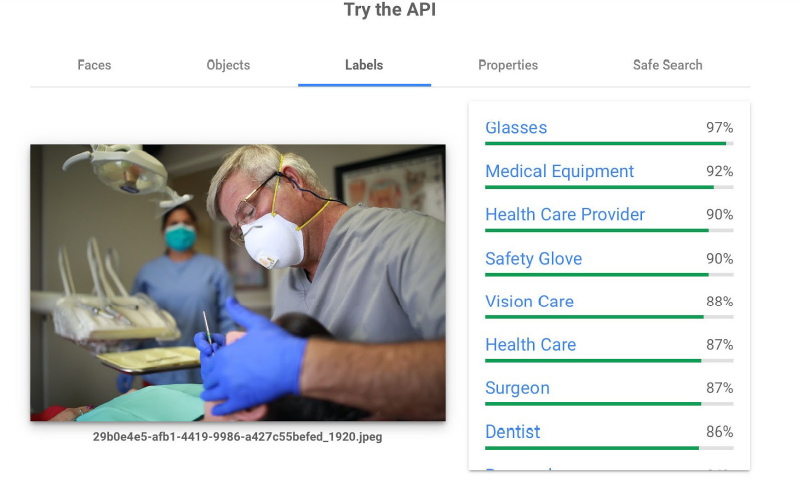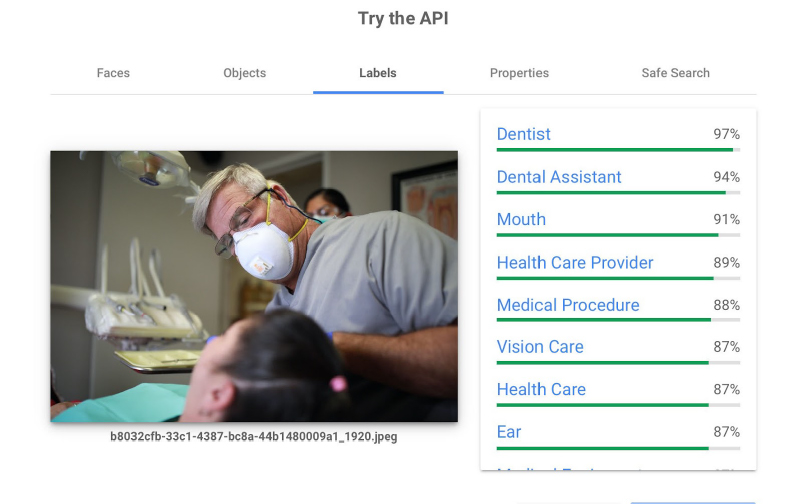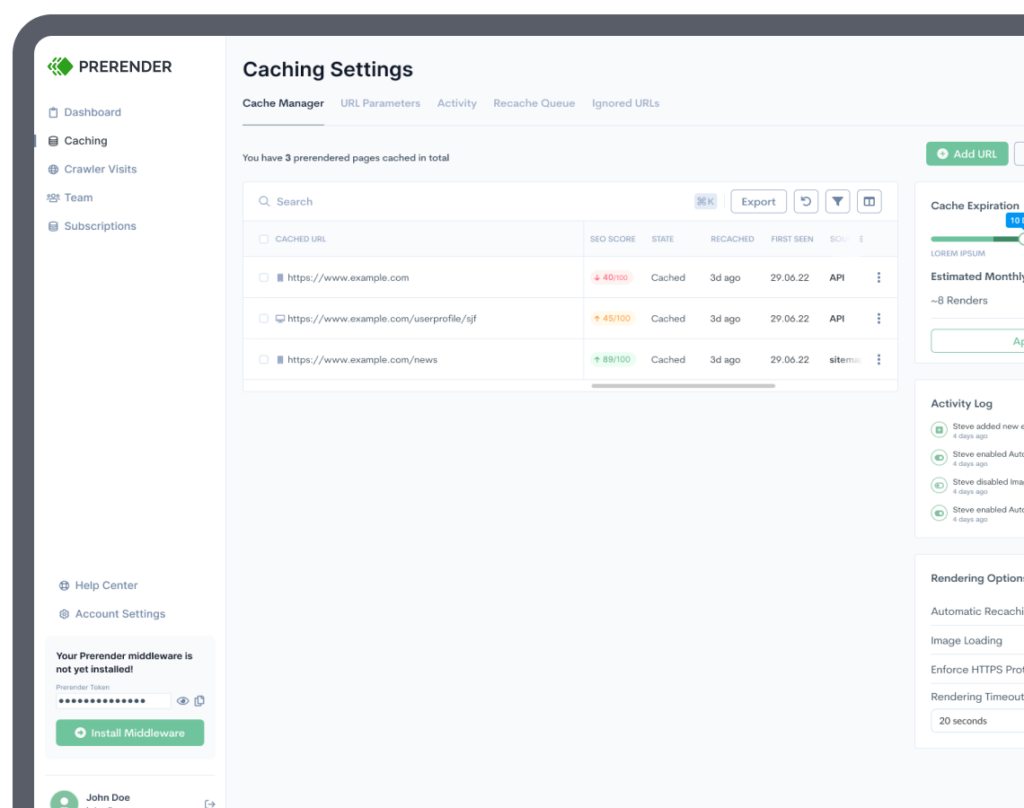
Mike Blumenthal is one of the internet’s leading experts on local SEO, and indeed is one of the people who helped pioneer and establish the field.
When Google rolled out Google Maps in 2005, Blumenthal foresaw the obsolescence of the Yellow Pages and the rise of local search marketing. As with many things in his career, he turned out to be completely right.
Blumenthal’s expertise in local SEO is rooted in a deep love and empathy for small businesses. In the early 2000’s he was forced to close his 60-year-old family retail store due to competition from Walmart and Amazon, then went on to promote local websites in his community. That experience became the driving force behind his career.
Blumenthal is the co-founder of Near Media and a contributor at Search Engine Watch, and shares his insights on local SEO from his Twitter account.

In your experience, how can local or small business owners make sure their websites are technically well-optimized? What can they do to make sure their websites run fast, provide a good user experience, and are easily crawlable so they can compete with bigger brands with more online visibility?

Technical SEO is just that, technical, and as such it is often beyond the scope of what most small business owners can do on their own. The absolute best path is to hire a professional that can either guide their effort or that can do it for them.

What can Google do to better support local businesses and startups? What should be built into its core algorithm to help elevate smaller brands that they haven’t already?

The list is long and time is short for a full explication of things Google could do. But here is a partial list of what they could do better:
- Prevent spam listings that deceive customers and hurt local businesses
- Enforce the Google My Business rules better so that there is an even playing field
- Do a better job of moderating fake review spam
- Provide better support for their small business products
- Provide more longevity in their products instead of rolling out products only to discontinue them a year later

You recently covered the 60 Minutes Facebook Whistleblower in the Near Media blog. Given the public backlash that Facebook and Google are facing and uncertainties in their future, what specific actions should local businesses and startups be taking to regain some control of their online marketing operations?

There are several long term goals that businesses should keep in mind:
- Own your customers
- Own your digital assets
- Develop marketing alternatives that make you less reliant on FB & Google for when they change
Every business should invest in a great website and a way to capture the email and cell numbers of every prospect and customer. They should leverage more agnostic technology like email newsletters so that they can have a direct relationship with both prospects and customers.
Thus rather than continually “renting” customers from Facebook or Google you are using both of those companies to build your business rather than theirs.

What are some important technical SEO steps that apply specifically to local businesses that don’t apply to other verticals e.g. eCommerce or SaaS?

Local SEO and local search marketing are about owning your backyard (on the internet) it’s not about owning national or international search results. It is all about location, brand, and reputation in YOUR local market. That means that you need a great website that tells users who you are, what you do, AND where you do it, you need to be engaged with your community and be sure that the engagement is mentioned online, and you need to be in touch with your customers to ensure that your reputation off-line and online is stellar.

What do you see happening in the local SEO space that isn’t being talked about enough?

Google has made great strides over the past 5 years using ML/AI to understand what is in images and what location they are associated with. Now, Google is using local images that a business has uploaded to enhance the search result with images that match searcher intent. For example, if you search for “engagement rings Williamsville NY” on mobile, you will see search results that include engagement rings in both the local, ads and organic results. Whereas if you search “Pearl necklaces Williamsville NY” (again on mobile) you will see many of the same results in local and the organic results but showing pearls instead of rings.
Having great images help with conversions and yet most businesses have terrible images. Obviously this should be talked about more but more importantly, something should be done about it.

What do you anticipate will be the next big development in technical SEO?

We are starting to see case studies and other research demonstrating the ranking value of images that are consistent with what the user is looking for. Clearly businesses need to realize that images need to both satisfy users AND be understood by Google.
Here are two photographs from a recent shoot (courtesy of PatientPop) that demonstrate how subtle differences in a photo can dramatically change how Google “understands” that photo. Having the “right” photo helps with rank and more importantly conversions.


I work with a company, Air.cam that has developed the ability to surface what Google understands about an image in real time, during the photo shoot so that photos can do just that. This capability will allow businesses to have photos on every product and service page that meets the needs of both searchers and search engines. If Google knows this much about images, then those involved in SEO from a technical perspective will know that images need to meet Google’s needs as much as content does.
Want more? Here is our interview with Dave Davies – Technical SEO and Crawling tips from a technical SEO expert.



